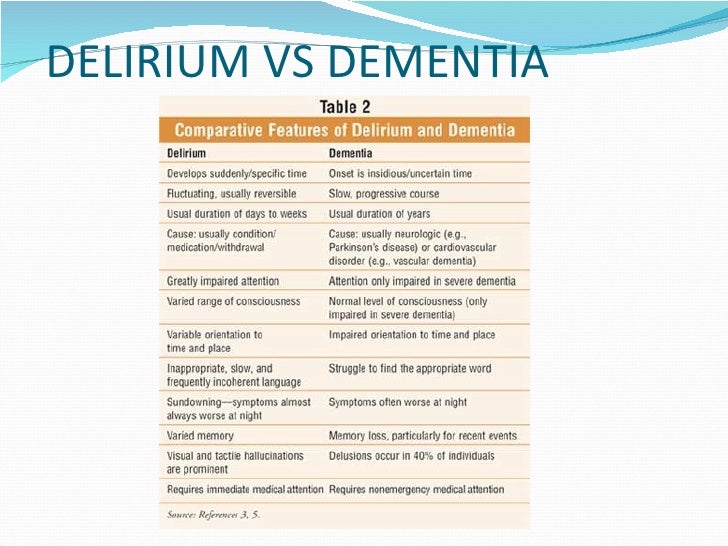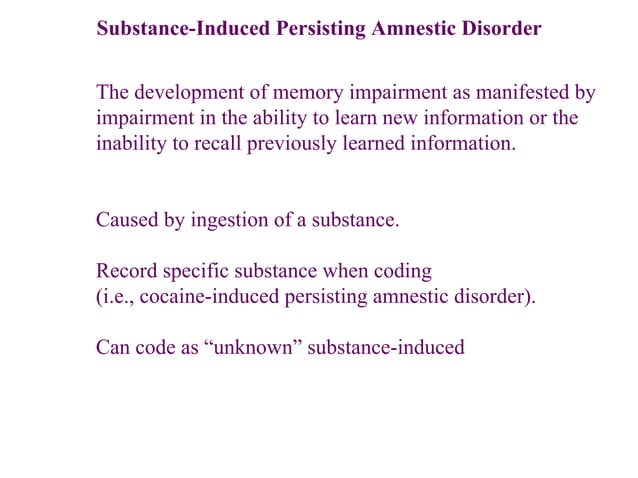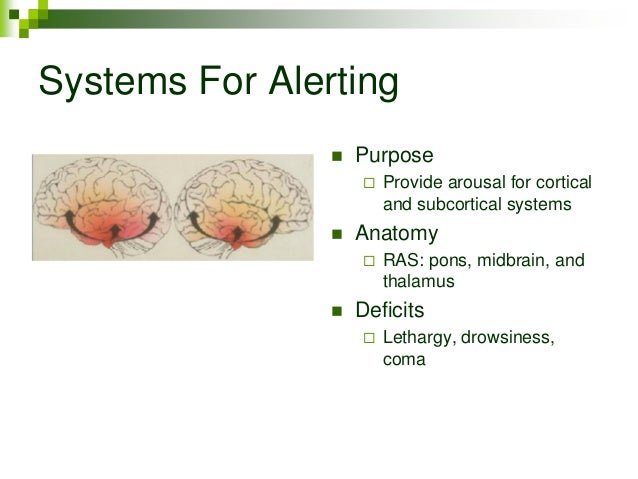
This algorithm is expected to be useful in clinical practice and the research field, as it can suggest conversion with high accuracy and identify the degree of influence of risk factors for each patient.Īmnestic mild cognitive impairment (aMCI) refers to a transitional state between normal aging and dementia ( Flicker et al., 1991 Petersen et al., 2001 Sarazin et al., 2007).

Through ICE and SHAP analyses, it was also possible to interpret which variables acted as strong factors for each patient.Ĭonclusion: We were able to propose a predictive algorithm for each aMCI individual’s conversion to dementia using the IML technique. Variables, such as age, education, the scores of visuospatial and memory domains, the sum of boxes of the Clinical Dementia Rating scale, Mini-Mental State Examination, and APOE genotype were important features for creating the algorithm. Results: Among the four algorithms, the extreme gradient boost model showed the best performance, with an area under the receiver operating characteristic curve of 0.852 and an accuracy of 0.807. For local interpretation, individual conditional expectations (ICE) and SHapley Additive exPlanations (SHAP) were used to analyze individual patients. For global interpretation, four algorithms (logistic regression, random forest, support vector machine, and extreme gradient boosting) were compared. The model-building and validation datasets were composed of data of 565 and 140 patients, respectively. We used neuropsychological tests and apolipoprotein E ( APOE) genotype data to develop a predictive algorithm. Methods: We prospectively recruited 705 patients with aMCI who had been followed-up for at least 3 years after undergoing baseline neuropsychological tests at the Samsung Medical Center between 20. Therefore, this study aimed to improve the predictive power of aMCI patients’ conversion to dementia by using an interpretable machine learning (IML) algorithm and to identify the factors that increase the risk of individual conversion to dementia in each patient. Parametric methods, such as logistic regression, have been developed however, it is difficult to reflect complex patterns, such as non-linear relationships and interactions between variables. Therefore, developing a predictive algorithm for the conversion of aMCI to AD dementia is important. However, not all aMCI patients are observed to convert to AD dementia.

Purpose: Amnestic mild cognitive impairment (aMCI) is a transitional state between normal aging and Alzheimer’s disease (AD).

5Biomedical Statistics Center, Data Science Research Institute, Research Institute for Future Medicine, Samsung Medical Center, Seoul, South Korea.4Department of Neurology, Ewha Womans University Seoul Hospital, Ewha Womans University College of Medicine, Seoul, South Korea.3Alzheimer’s Disease Convergence Research Center, Samsung Medical Center, Seoul, South Korea.2Department of Digital Health, Samsung Advanced Institute for Health Sciences and Technology, Sungkyunkwan University, Seoul, South Korea.1Department of Neurology, Samsung Medical Center, Sungkyunkwan University School of Medicine, Seoul, South Korea.Min Young Chun §1† Chae Jung Park §2,3† Jonghyuk Kim §2† Jee Hyang Jeong §4 Hyemin Jang §1,3 Kyunga Kim §2,5*‡ Sang Won Seo §1,2,3,6,7*‡


 0 kommentar(er)
0 kommentar(er)
